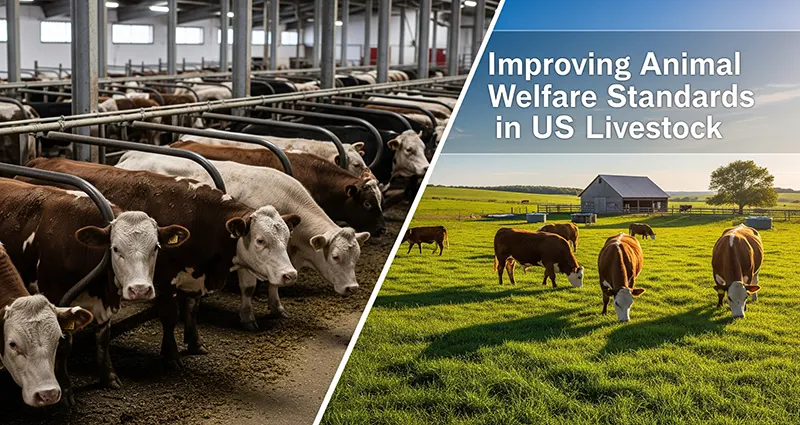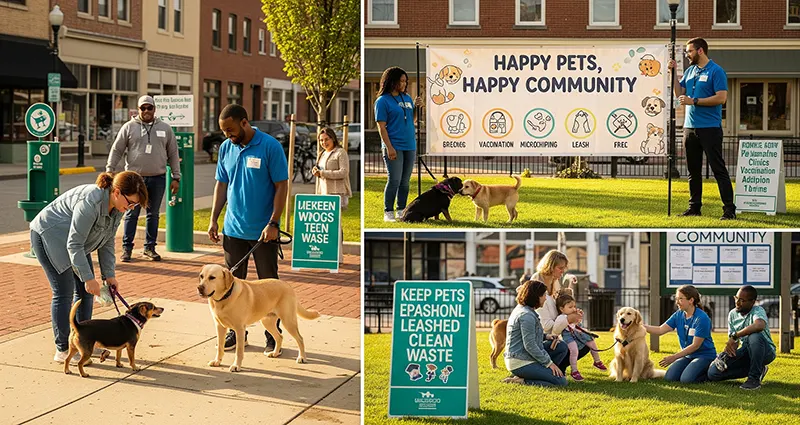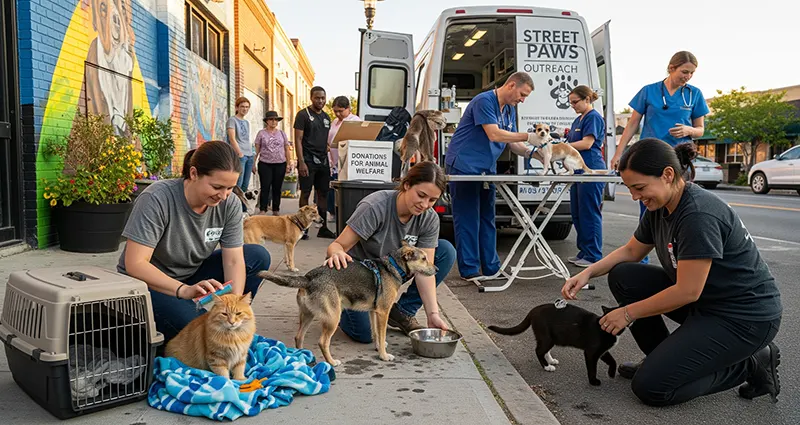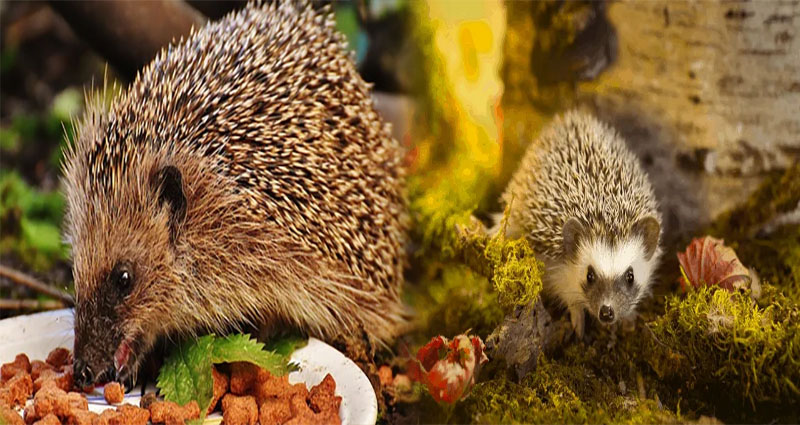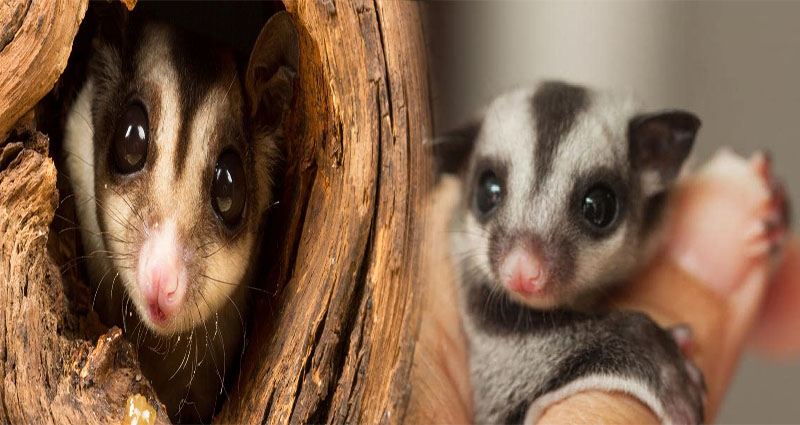Improving Animal Welfare Standards in US Livestock
Animal welfare has become a critical concern in the modern agricultural landscape of the United States. As consumers increasingly demand ethically produced food and greater transparency in farming practices, improving animal welfare standards in US livestock operations is more important than ever. Enhanced welfare standards not only benefit the animals but also contribute to food safety, environmental sustainability, and the overall quality of meat and dairy products.
The Importance of Animal Welfare in Livestock
Animal welfare pertains to the physical and psychological well-being of animals. For livestock, this means ensuring animals have adequate space, proper nutrition, access to veterinary care, and environments that allow natural behaviors. Good welfare standards help prevent stress, injury, and disease, which can have direct impacts on animal health and product quality.
Current Challenges in US Livestock Welfare
Despite improvements over the years, some challenges persist in US livestock production:
- Confinement Systems: Large-scale industrial farms often

